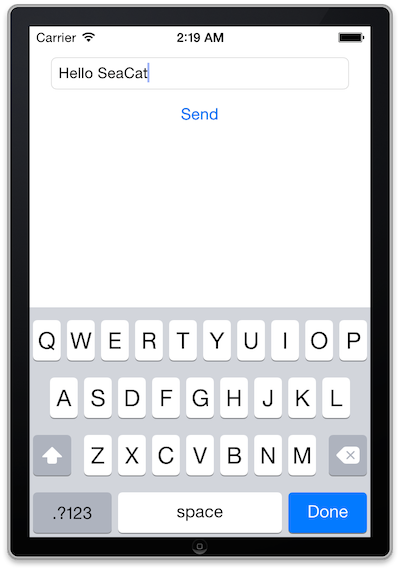Cybersecurity - Data Privacy - IT Trends - Innovations

Asynchronous Server App Boilerplate Video Tutorial
Asynchronous Server App Boilerplate (or ASAB for short) is a microservice platform for Python 3.5+ and asyncio. The aim of ASAB is to minimize the amount of code that needs to be written when building a microservice or an aplication server.
Published on May 01, 2019

Example of using BSPump with CSV files
Let us say we have a CSV file, no, wait, a lot of CSV files that are coming to our storage directory with flashing speed. We even do not have the slightest notion what names of the files are, the only thing we know is that we need to process their data and deliver them to our database as quickly as possible.
Published on August 19, 2018

Streaming Data from Various Sources
One of the main research and development topics nowadays is data processing and analysis, which can help companies discover relevant information about their customers or technologies using reports, visualizations, dashboards, and other business intelligence outputs.
Published on June 01, 2018

The Birth of Application Server Boilerplate
One of the most exciting tasks for our team in the last month was to create a new application server “boilerplate” that would be used as a basis for most of our growing data-processing products, as well as for other people and companies ...
Published on January 16, 2018

Integrate Charles Debugging Proxy With SeaCat Gateway
Developers of web applications often take advantage of using HTTP proxies to debug their applications. It allows them to check headers and body of outgoing requests and incomming responses and track possible flaws of their client application and server backend. You want to be able to do the same with mobile applications secured with SeaCat. Here is how you do it by integrating Charles Web Debugging into the process very easily.
Published on March 17, 2016

SeaCat Tutorial - Chapter 5: Using Parse.com with REST Integration (iOS)
As the market with Cloud Computing and Mobile devices is getting bigger, there is another specific option available. It's called (Mobile)Backend-As-A-Service (BAAS) and it is extremely useful in situations we want to subscribe a complex backend service (alongside the core backend solution, there is usually a lot of additional functionality and statistics) and primary focus on development of client part of mobile apps for instance.
Published on January 31, 2015

SeaCat Tutorial - Chapter 4: Using MongoDB with REST Integration (iOS)
The previous tutorial introduces several concepts and helps you understand the basic of REST API integration with iOS client written in Swift. There are several limitations, with data storage being the most important. This article provides instructions on how to work around this restriction.
Published on November 25, 2014

SeaCat tutorial - Chapter 3: Introduction to REST Integration (iOS)
The goal of this article is to extend the knowledge and develop an iOS application which is able to comunicate with REST interface provided by Node.js that we are going to create as well. A full integration with SeaCat is essential for information security of our example.
Published on October 07, 2014

SeaCat tutorial - Chapter 2: Simple Post (iOS)
The goal of this article is to create a simple iOS client which generates a simple POST Request which will be read in host written in Node.js and the output generated in the console. The whole comunication will be handled by SeaCat which help us to establish fast and secure connection among our key components.
Published on September 09, 2014

SeaCat tutorial - Chapter 1: Hello World (iOS)
This is the first practical tutorial in our tutorial series to demonstrate the strength and capabilities of SeaCat secure access solution. Our goal is to develop several sample applications and uncover the best practices you might be interested in.
Published on August 18, 2014